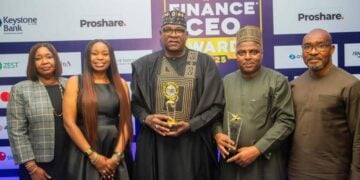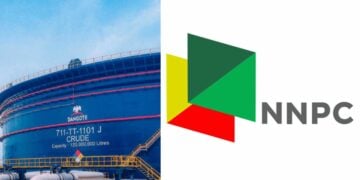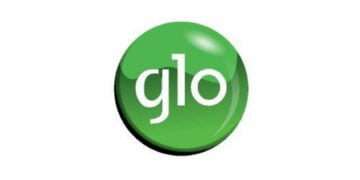In a significant development in Nigeria’s financial sector, 25 companies raised a total of N330.3 billion through Commercial Paper (CP), a short-term debt instrument designed to meet immediate funding needs, in the first quarter (Q1) of 2025.
This trend highlights the growing reliance on CP as a crucial financing tool for businesses in Nigeria.
Commercial Papers are short-term debt instruments with maturities ranging from a minimum of 15 days to a maximum of 270 days. They are primarily used to finance working capital, manage cash flow, or cover unexpected expenses. Typically, large corporations with strong credit ratings and histories issue them. CPs are quoted, traded, and reported on relevant platforms of the FMDQ Exchange.
Nigeria’s corporate funding market has become increasingly challenging due to rising interest rates, which have restricted access to the local financial market for working capital needs. The Federal
Government of Nigeria’s (FGN) active involvement in the local debt market through treasury bill issuances has exacerbated the situation for corporate borrowers as local borrowing costs continue to soar.
Data from the FMDQ Group for the period under review revealed that Access Bank raised N82.82 billion. Dangote Sugar Refinery Plc (N84.01 billion), Stanbic IBTC Capital Limited (N25.15 billion), and Daraju Industries Limited (N2.07 billion).
Other companies, including Valency Agro Nigeria, C&I Leasing, Hillcrest Agro-Allied Industries, Mycredit Investment, Capital Saga Technology, Russelsmith Nigeria, UACN, Mecure Industries, Skymark Partners, Robust International Commodities, A.R.N. Foods, Johnvents Industries, Precise Lighting, VFD Group, Lekki Gardens Estate, Sultiva Wakalah SPV, Zeenab Foods, and Smart Residences, raised amounts ranging from N0.85 billion to N22.70 billion.
The chief operating officer of InvestData Consulting Limited, Ambrose Omordion noted that the issuance of Commercial Papers has emerged as a new trend in the Nigerian capital market.
“It is cheaper for companies to raise capital through the commercial paper market than to borrow from commercial banks, which typically charge higher interest rates,” Omordion stated.
He added, “furthermore, interest on this debt is usually tax-exempt and can be deducted from the company’s tax return, reducing the actual cost of the loan. Hence, commercial papers significantly enhance the ability of companies to remain competitive and sustainable.”
The managing director/CEO of Highcap Securities, David Adonri remarked that many companies are no longer receiving adequate credit from their banks, which has driven them to seek funds through commercial papers.
He explained that raising funds via CP issuance is similar to obtaining loans from banks in terms of fixed costs, but the difference lies in that CP funds come from the general investing public.
Adonri further noted that the recent surge in CP market activity is likely connected to the lack of opportunities in the primary equities market. With many companies struggling to raise funds there, they have turned to alternative funding sources, such as commercial papers, despite the short-term nature of the debt.
To fulfill its mandate of deepening the Nigerian financial markets, FMDQ Exchange expressed “its commitment to upholding market development and governance responsibilities. By providing a cost-effective, efficient, well-regulated, transparent, and reliable platform for capital raising and transfer, the Exchange ensures consistent value delivery for its diverse stakeholders.”





